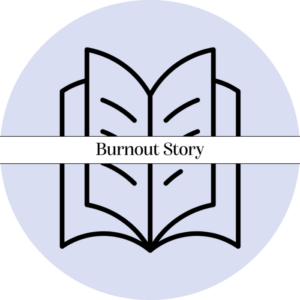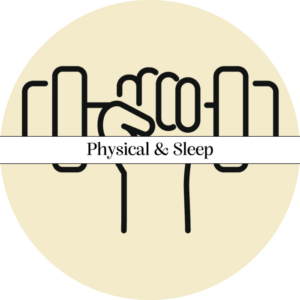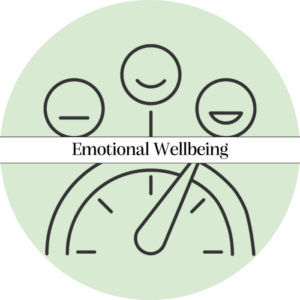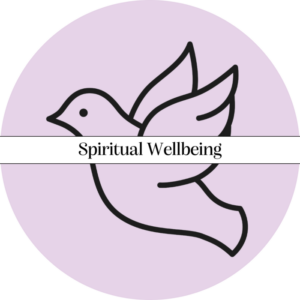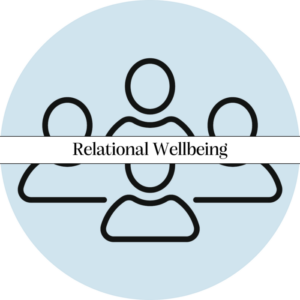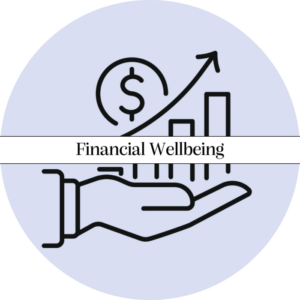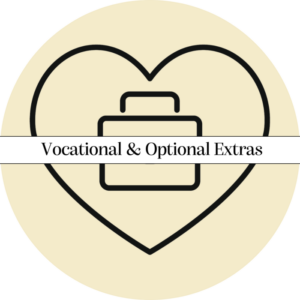In God’s Plan for your Wellbeing you will see that Dave Smith sets out 6 main areas of wellbeing:






It is important to recognise how these areas are related to and affect one another.
I (Kevin Defriend, Elder and Wellbeing Pastor) will be writing the Blog series around these key areas but initially want to introduce a further concept to you which I think is very important for further understanding. This is what has been termed ‘energy accounting’ and I think you can either take a simple approach to this or a more complex but meaningful approach around the 6 main areas of wellbeing.
The Simple Approach
When we look at our diary for the week we can classify our various activities and commitments according to whether they are energy ‘deposits’ or ‘withdrawals’.
We can score these on a scale of 1-10 for either being a deposit (something that restores and replenishes us) or a withdrawal (something that depletes and drains us).
I have attached a simple table where you can write down your common and frequent activities/experiences that occur on a daily or weekly basis and score them according to their effect on you. Some examples of deposits might be walking the dog, watching a favourite TV series, playing sport, attending Church on a Sunday or quiet time with God. Examples of withdrawals might be visiting a relative or friend who needs support, getting kids ready for school, meetings with your manager at work or personal financial planning.
Be aware that we are all different and a deposit for one person could be a withdrawal for another and this might be the case if you are married or living with family or friends. It is important not to presume that because you see an activity or event as a deposit that others around you weigh it similarly.
When you have scored your activities you can then start to look at the days of your week and evaluate the balances between deposits and withdrawals from day to day and week on week.
STOP & CONSIDER – What does your energy balance look like? Do you have enough deposits or too many withdrawals? How could you achieve a better balance?

The Deeper Approach

If we consider deposits and withdrawals in more detail we can start to realise that an activity or experience might be a withdrawal in one area of wellbeing but a deposit in another.
An example of this is when I attend a Church conference which I find is a big deposit for spiritual and relational areas of wellbeing but a withdrawal in physical, as I am often left feeling tired and exhausted afterwards.
If you start to analyse your days and weeks’ commitments and activities based around the different areas of wellbeing, you will start to be able to build a picture of the balances in these areas and where ‘re-balancing’ may be required at certain points depending on what has been happening. It is great to have a week which has lots of deposits for you spiritually and relationally but how do you then replenish physically or emotionally afterwards. If you have awareness as to what you can do that adds back to these areas then you can choose to schedule those activities in accordingly.
STOP & CONSIDER – do you have a healthy balance across all the areas of wellbeing week on week. Are you aware what things would replenish certain areas of your wellbeing ? What is stopping you scheduling in more deposits?
I believe it is absolutely necessary to have a raised personal awareness about your wellbeing and the balance of deposit and withdrawal activities through the week. When you look at people who have struggled with burnout, myself included, it often seems they lack awareness and insight in to their wellbeing ‘balances’ and have a predominance of ‘withdrawal’ commitments and a lack of ‘deposits’. They are often driven, passionate and giving individuals who perhaps consider the ‘calling’ of what they are doing of higher importance than themselves and can then justify what they are doing on this basis. However, if this results in hitting the brick wall of burnout and then being rendered hopelessly ineffective in pursuing that calling, I would argue it is far better to invest some effort in ‘rebalancing’ our lives so we don’t ever reach this point.
Read about Alison Burgess who shares her experience of using this energy accounting tool by clicking here.



